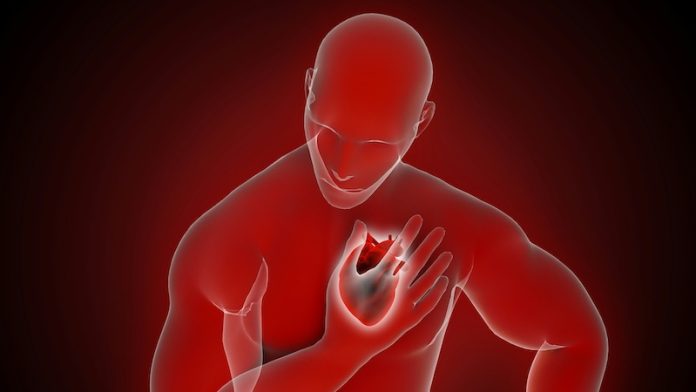
A heart attack is a serious and sometimes deadly medical emergency. It happens when the blood flow to part of the heart suddenly gets blocked, usually by a blood clot. This means the heart muscle can’t get the oxygen it needs, which can quickly cause damage or even lead to death if not treated right away.
Millions of people around the world suffer heart attacks every year, and many of them happen without warning. But there are some common signs that may appear, and recognizing them early can help save lives.
The most well-known symptom is chest pain or discomfort. It might feel like pressure, squeezing, or fullness in the center of the chest. Sometimes this pain lasts more than a few minutes, or it may come and go.
Other warning signs include feeling short of breath, feeling sick to the stomach, feeling dizzy, or having pain in the arms, back, neck, jaw, or stomach. Some people don’t feel chest pain at all—especially women, older adults, and people with diabetes—so it’s important to know that heart attacks don’t always look the same for everyone.
If you think someone is having a heart attack, the most important thing to do is call emergency services immediately. Don’t wait to see if the symptoms go away. While waiting for help, keep the person calm and sitting or lying down.
If the person is not allergic to aspirin and is able to chew and swallow it, giving them one can help thin the blood and slow down the blockage. But remember, aspirin is not a cure—it just helps while waiting for medical treatment, which must come as soon as possible.
There are also many ways to lower the chance of having a heart attack in the first place. A healthy lifestyle is the best way to protect your heart. Eating more fruits, vegetables, whole grains, and lean proteins, and cutting back on salty, sugary, and fatty foods can make a big difference.
Being active is also very important. Aim to move your body regularly—walking, cycling, or even dancing can help keep your heart strong.
Avoiding tobacco is critical. Smoking damages blood vessels and increases your risk of heart attacks. Drinking less alcohol and finding ways to manage stress can also protect your heart. High levels of stress over time can raise blood pressure and harm your health.
If you have conditions like high blood pressure, high cholesterol, diabetes, or obesity, it’s very important to work with your doctor to manage them. These conditions all increase the risk of heart attacks, but they can often be controlled with the right medicine, diet, exercise, and check-ups.
It’s also helpful to know your family’s medical history. If heart disease or heart attacks are common in your family, your own risk may be higher. Talk to your doctor about it so they can help you make a plan that fits your needs.
To sum up, heart attacks can be sudden and deadly, but they are not always impossible to prevent. Knowing the symptoms, acting quickly during an emergency, and making healthy lifestyle choices are key to protecting your heart. With the right knowledge and care, you can reduce your risk and live a longer, healthier life.
If you care about heart health, please read studies that vitamin K helps cut heart disease risk by a third, and a year of exercise reversed worrisome heart failure.
For more health information, please see recent studies about supplements that could help prevent heart disease, stroke, and results showing this food ingredient may strongly increase heart disease death risk.
Copyright © 2025 Knowridge Science Report. All rights reserved.



